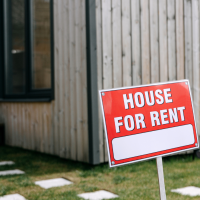Latest News
May 2025
The decision marks a huge win in Vermont Legal Aid’s ongoing lawsuit.
April 2025
We need these protections more than ever as the federal government attacks immigrants and undermines civil rights laws.
April 2025
VLA and the Root Social Justice Center in Brattleboro host a monthly BIPOC Legal Aid Clinic.
March 2025
A statement from Hunger Free Vermont, Vermont Foodbank and Vermont Legal Aid.
March 2025
Vermont Legal Aid is co-host of the first-ever Justice in Housing: New England conference.
January 2025
The widening gap between legal needs and services is often called the “justice gap.”



